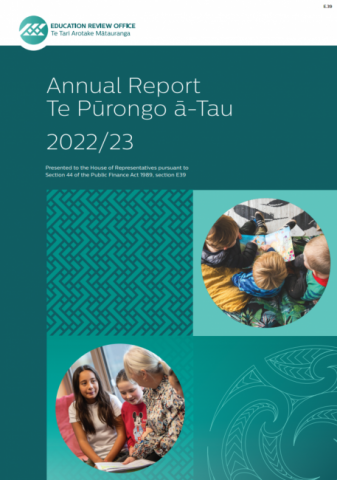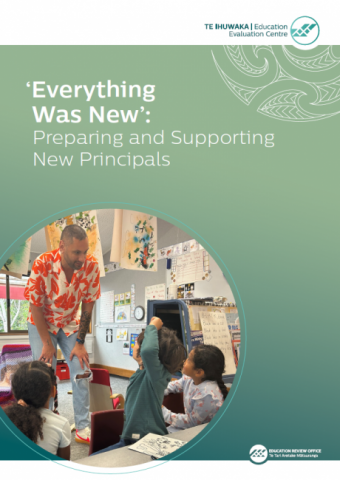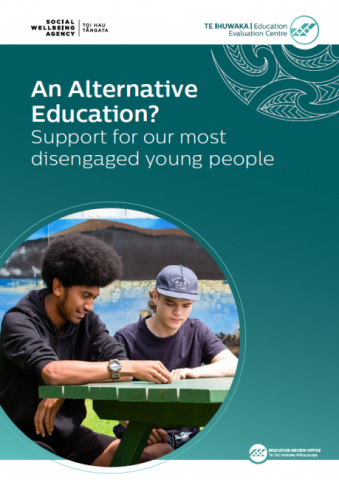He Iho Ruruku - Te Aho Matua perspectives
Published: 28 Jan 2022
In March 2020, the onset of COVID-19 caused major disruptions to key services in Aotearoa including the compulsory education sector. Māori medium education faced multiple complex challenges, and given the abruptness of the situation, tumuaki, kaiako and whānau whakahaere had to quickly prepare whānau and learners for a new mode of online learning.
- Audience:
- Māori-medium
- Schools
- Content type:
- Research













